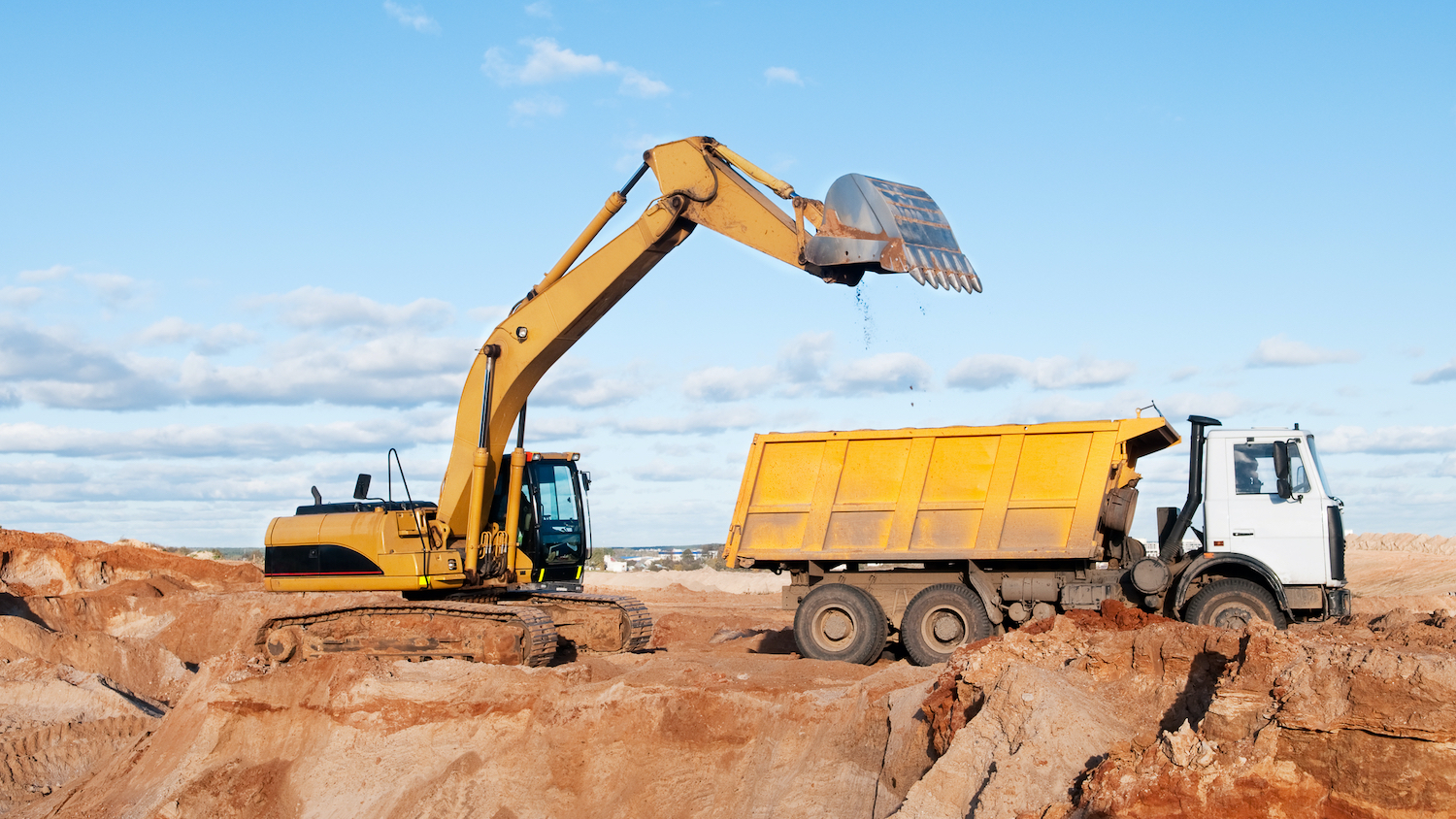
21CC podcast: understanding sustainable construction plant
Adequate training and plant management are key to reducing operational carbon emissions, veteran plant journalist Peter Haddock tells this month’s episode of the 21CC podcast
Construction firms looking to cut their operational CO2 emissions shouldn’t wait for widespread plant electrification or the advent of green hydrogen, because there are many ways to improve plant productivity now.
When it comes to construction emissions, we tend to think about concrete and steel, but diesel-burning machines play a big role, too.
Construction machines globally are estimated to generate around 400 Mt of CO2 emissions a year – around 1.1% of all CO2 emissions.
Excavators weighing more than 10 tonnes are thought to account for half of these.
While equipment makers have embraced battery power in some new models, journalist Peter Haddock said the current state of battery systems and charging infrastructure make electrified machines unsuitable in some situations, such as greenfield infrastructure.
He added that we’re unlikely to see a full “well-to-track” supply chain for green hydrogen until later in the decade.
Boosting plant productivity
Meanwhile, adequate training, good plant management and information technology – in the form of machine performance data capture and guidance and safety systems – are “low-hanging fruit”, Haddock said.
They can boost plant productivity and make each litre of diesel go farther, thereby cutting emissions.
Basic plant management can go a long way.
“If you’re seeing you’ve got excess idling time – for example, you might have a number of articulated dump trucks queuing, waiting to be loaded up by the excavator – then that excavator might not have been specified right,” he said.
Training is often overlooked as well.
“If operators are unfamiliar with a brand new piece of equipment, make sure they have familiarisation training to know what the eco or power modes are, because often people put everything in ‘super-power mode’ and burn through diesel when they’re doing basic jobs,” Haddock said.
“A really good operator using less fuel over a long period of time is going to pay their salary for you,” he added.
This article was originally published by Global Construction Review.







